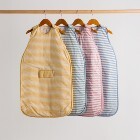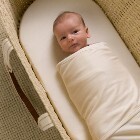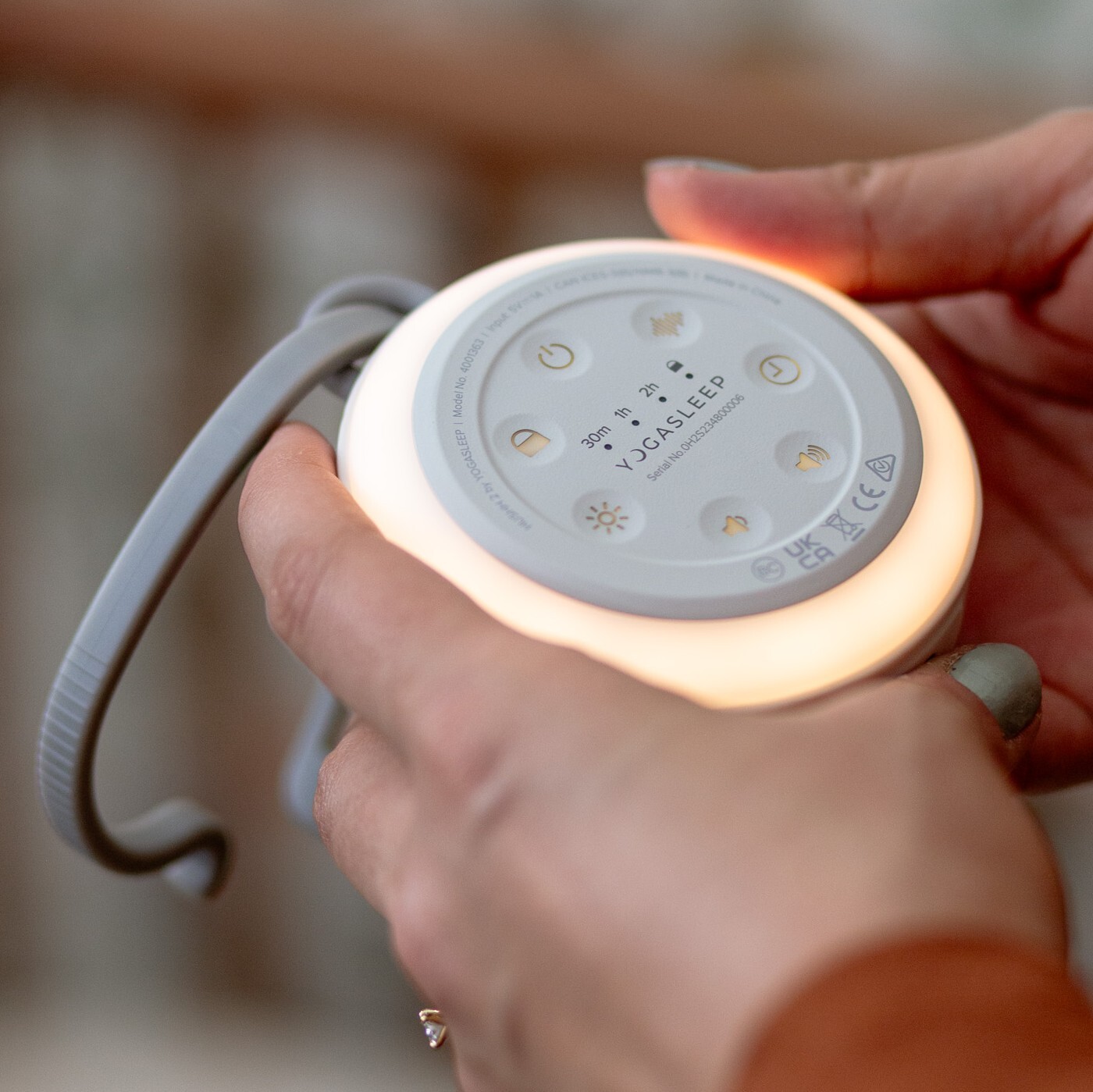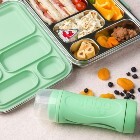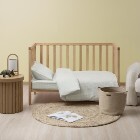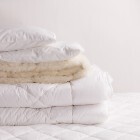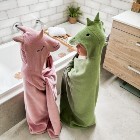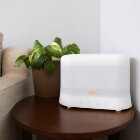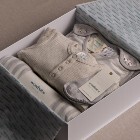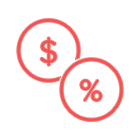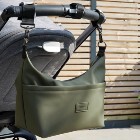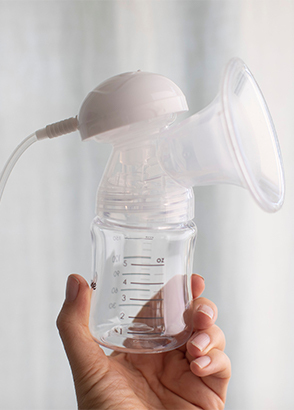Why would I need a breast pump?
If you know that you need to go back to work or be away from your baby for extended periods while they are still young, you may choose to purchase a breast pump before your baby arrives.
Commonly, women decide to purchase a breast pump after their baby is born because they need to increase their supply, they would like to express so someone else can feed the baby while they rest, or sometimes for medical reasons such as prematurity, trouble with feeding due to tongue ties, or if your baby appears to not be putting on weight it may be suggested you use a pump for a couple of weeks to help increase your supply, using this milk to top up your baby.
Common reasons woman choose to purchase a breast pump:
-
To increase milk supply
-
For various reasons if your baby is in NICU, or has been in hospital and you need to pump for your little one when there or when you return home (pumps are available for use at hospitals, but commonly you’ll need one when you leave).
-
If you’re planning on continuing to breastfeed when you return to work
-
So your partner can give a bottle overnight so you can get some rest
-
So you can leave your baby with family during feed times
-
If you choose not to breastfeed for any reason, but still want your baby to receive the benefits of breast milk.
-
You experience latching issues, and baby won’t latch well in the beginning
It is important to note that having a breast pump isn't a necessary purchase to have before your baby arrives - so if you aren't sure if you'll be pumping or you are feeling overwhelmed, it is something you can purchase once your baby arrives.
If you’re finding your breasts engorged, and you’re pumping for comfort, it is suggested that you really try to get baby to take the milk of naturally, and avoid using a pump unless you’re very careful, as it can cause an oversupply which brings with it more problems. If you do need to use the pump to express for comfort, only take off the amount needed so you feel relief and more comfortable, rather than emptying the breast completely. Emptying the breast completely will feed that supply and demand mechanism and cause you to produce even more milk!
When can I start pumping?
It is recommended, that unless you’re told you need to pump for a specific reason by your midwife or medical professional, that pumping does not need to be done in the first weeks. It is really good to let it all happen naturally at the beginning. Your breasts will regulate your milk production to meet your baby's needs.
Your Lead Maternity Carer may suggest you begin pumping if you need to increase your milk supply, or you are unable to put your baby to your breast each time they need to feed.
If you need to begin pumping right after your baby’s birth, you should express whenever your baby would need to feed. With a newborn this is usually every 3 hours. However, don’t expect to see any milk collect in the shield or container. The first milk is called colostrum and is very thick and not easily removed by a breast pump. There is also a very small quantity to begin with but every drop is precious. It is often referred to as ‘liquid gold’ as it packs a powerful punch and is fantastic for your baby. If you need to pump before your milk ‘comes in’ (often between Day 3-5) then express with the pump for stimulation, but then hand express afterwards to collect the colostrum onto a spoon or into a syringe. The pumping will stimulate your breasts to bring in your milk and the hand expressing removes the colostrum for your baby.
Will pumping increase my milk supply?
Yes! Breastfeeding works by a supply and demand method (or rather, demand and supply). This means that usually your body will ‘supply’ the volume of milk that is ‘demanded’. Triggered either by your baby breastfeeding or by expressing milk, any stimulation of your breast sends signals to your brain to produce more milk so you always have enough to feed your baby.
Using a breast pump, will help increase your milk supply, as it is doing the same thing as baby would - taking off milk, so your body will replace it.
A lot of women eat lactation cookies, supplements and drink lactation teas. In addition to these things, the best thing to do is drink and eat well and feed baby well and often.
How often should I pump?
This will vary depending on the reason you are using your breast pump for.
If you are exclusively pumping, you should pump every time your baby feeds. With newborns this is usually every three hours.
If you are pumping to increase stimulation, you may pump after you have breastfed your baby a few times a day – your Lead Maternity Carer will advise how often you should express in this situation.
If you are pumping to prepare a ‘stash’ of breastmilk in the freezer then once a day should be plenty. However, you may need to pump a couple of times to get the volume you need for a full feed. This is very normal and you should not be disheartened.
A great feature of the Crane rechargeable double electric breast pump is that you can set an alarm to remind you to pump – so not matter how often you need to pump, you can set yourself reminders!
Storing & using breast milk
Please check the latest advice on storing and using thawed breast milk with your local health provider or child health organisation.
Guidelines from the NZ Ministry of Health can be found here
Plunket Guidelines can be found here


